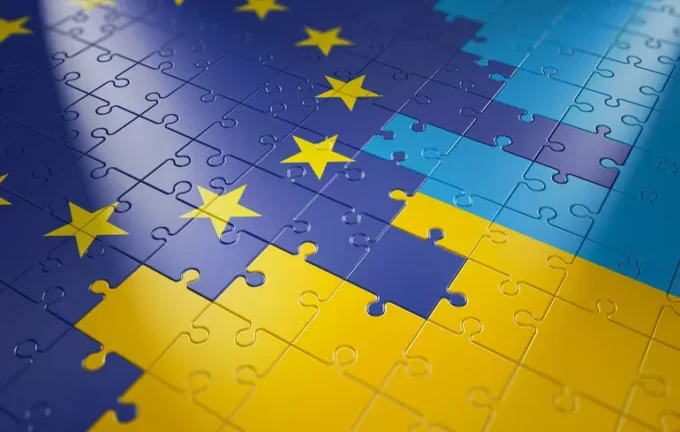Ukraine’s Eurointegration Under Threat: A Soft Halt or a Prolonged Crisis?

Amid recent political developments and decisions by Ukrainian leadership, the country's path toward European Union membership faces increasing tension and uncertainty. The Ukrainian Parliament passed a controversial law, effectively abolishing independent anti-corruption agencies—NABU and SAP—the move delivering a significant blow to Kyiv's aspirations to integrate into the European community. This decision has sparked mixed reactions in Brussels, where plans were previously underway to start negotiations with Ukraine, but now these are under threat of delay or cancellation due to a crisis of trust and administrative chaos. European diplomats and analysts are voicing concerns about the potential repercussions for Ukraine's democracy and its strategic goals. Sources within Brussels and Ukrainian experts indicate attempts to circumvent Hungary's veto and legal schemes for opening negotiation clusters are now jeopardized. Specifically, information suggests high EU officials advocated for initiating negotiation windows through informal procedures, bypassing formal votes in the EU Council. However, internal political dynamics, including recent blockades of appointments and searches, jeopardize these plans, adding obstacles to Ukraine's accession prospects. Instead of progressing, Ukraine now finds itself under pressure from both internal and external factors that could delay its European integration efforts and weaken trust in Kyiv's government internationally. Policymakers and EU officials are already highlighting that, due to recent events, Kyiv has essentially lost its standing as a serious partner in accession negotiations, with potential long-term impacts on investments and financial support from the European Union.

